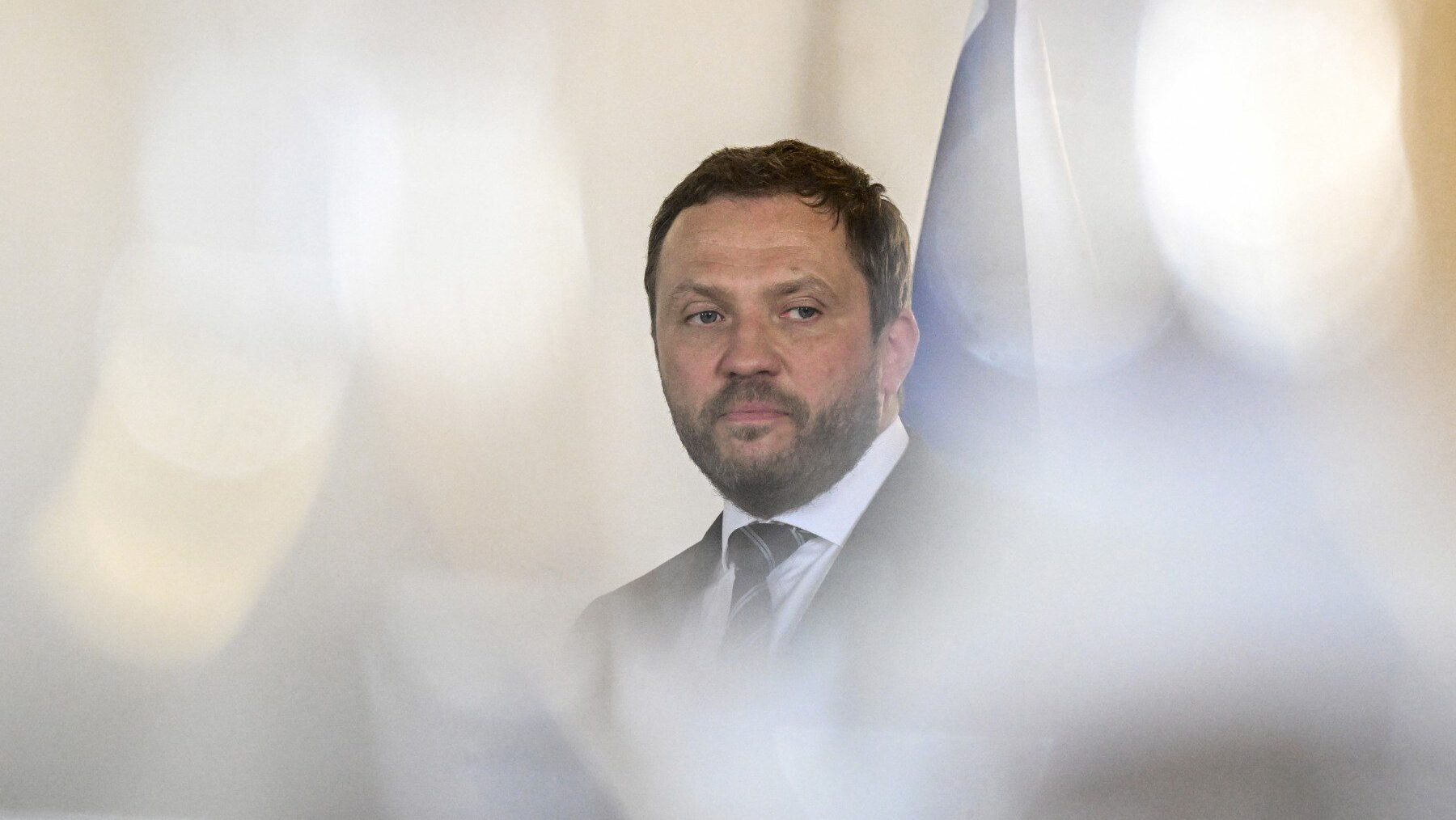
Estonian Foreign Minister Margus Tsahkna
Photo: Michal Cizek / AFP
Margus Tsahkna has called for European leaders to be prepared to deploy troops to Ukraine to ensure the success of any peace deal brokered by Donald Trump.
The statement is further evidence of Estonian hawkishness in response to Russia’s invasion of Ukraine.
In an interview with the Financial Times, Estonia’s FM claimed that NATO membership remains Ukraine’s best security guarantee, but acknowledged this could face resistance from a Trump administration.
“If we are talking about real security guarantees, it means that there will be a just peace. Then we are talking about NATO membership,” Tsahkna said. “But without the U.S., it is impossible. And then we are talking about any form [of guarantee] in the meaning of boots on the ground.”
Some European NATO members suspect that Trump could impose an unfavourable peace deal on Kyiv or withdraw U.S. military support. With Trump making a pre-election promise of a swift end to the war, Tsahkna noted that allied discussions of how to ensure Ukraine’s security have accelerated:
There are lots of talks and lots of communications between each other in Europe and also with the Trump team and the administration,
Tsahkna suggested that a coalition of willing European nations, potentially spearheaded by the UK and Poland, could provide necessary security assurances if the U.S. stepped back. However, he stressed the importance of a broader European coalition, including France and Germany, to make such an initiative effective.
Germany, Ukraine’s second-largest military aid donor after the U.S., and Britain, which Tsahkna said had the “opportunity and all the responsibility to take the leadership,” would be pivotal in these efforts. He also noted that Poland’s cooperation would be necessary.
In separate comments earlier this week, Tsahkna criticised German chancellor Olaf Scholz’s recent hour-long phone call with Russian President Vladimir Putin, calling it a “strategic mistake.” The call, which was Scholz’s first direct communication with Putin in nearly two years, was intended to reaffirm Western support for Ukraine and call for Russia to withdraw its troops. However, Tsahkna argued that the move undermined European unity and weakened collective efforts to isolate Putin diplomatically.
“We have had a principle agreed that we keep Putin in isolation,” Tsahkna told Reuters. He added that such isolation should remain until Putin agrees to engage in meaningful negotiations. Instead, Russia escalated attacks on Ukraine shortly after the call, a point Tsahkna cited as evidence of the risks associated with direct communication. “It just weakened our unity and our positions,” he said.
Tsahkna’s stance reflects Estonia’s long-standing support for Ukraine and its concerns over Russian aggression. As a Baltic state and NATO member bordering Russia, Estonia has been vocal in urging its allies to bolster defences, increase military aid, and strengthen European resolve against Moscow’s ambitions.
